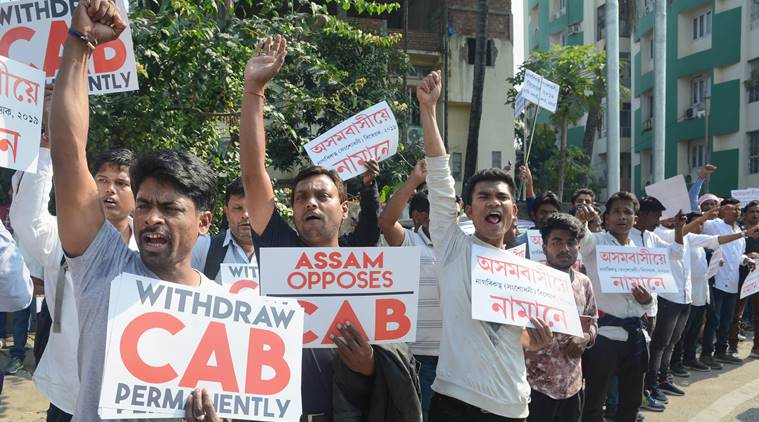Signatories included scholars from IITs, Jawaharlal Nehru University (JNU), Harvard University, Tata Institute of Social Sciences (TISS), Tata Institute of Fundamental Research (TIFR), Yale University, University of Massachusetts and others.
A public statement floated by a group of academics against the Citizenship Amendment Bill (CAB) received endorsement by scientists, academicians, students and thinkers from India and abroad. The statement, released through Google forms on December 7, saw over 1,120 verified endorsements within 48 hours.
Signatories included scholars from IITs, Jawaharlal Nehru University (JNU), Harvard University, Tata Institute of Social Sciences (TISS), Tata Institute of Fundamental Research (TIFR), Yale University, University of Massachusetts and others.
Popular among the signatories were TIFR director Sandip Trivedi, historian Ramachandra Guha, International Centre for Theoretical Sciences (ICTS) director Rajesh Gopakumar, International Centre for Theoretical Physics director Atish Dabholkar and others.
The statement read, “We understand the Bill seeks to grant citizenship to Hindus, Sikhs, Buddhists, Jains, Parsis and Christians from Afghanistan, Bangladesh and Pakistan. The stated intent of the Bill is to provide refuge to persecuted minorities from neighbouring countries. While we support this laudable objective, we find it deeply troubling that the Bill uses religion as a legal criterion for determining Indian citizenship.”
It stated, “The idea of India that emerged from the Independence movement, and as enshrined in our Constitution, is that of a country that aspires to treat people of all faiths equally. The use of religion as a criterion for citizenship in the proposed Bill would mark a radical break with this history and would be inconsistent with the basic structure of the Constitution. We fear, in particular, that the careful exclusion of Muslims from the ambit of the Bill will greatly strain the pluralistic fabric of the country.”
The statement further read, “We note that Article 14 of the Constitution prohibits the State from denying ‘to any person equality before the law or the equal protection of the laws within the territory of India’. While it is the job of legal experts to determine whether this draft bill violates the letter of the Constitution, it seems certain to us that it violates its spirit.”
Also read | PM Modi: Delighted it was passed by Lok Sabha; is in line with India’s ethos
Associate Professor at ICTS Suvrat Raju told The Indian Express, “We made the statement public to let our juniors, as well as students, know that the academic community is uncomfortable with the idea of this bill.”
For all the latest India News, download Indian Express App
Source: Read Full Article





